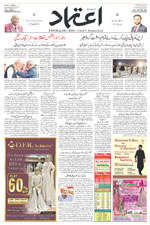India reaches out to US, Australia as concerns grow over visa restrictions
Thu 20 Apr 2017, 00:05:32
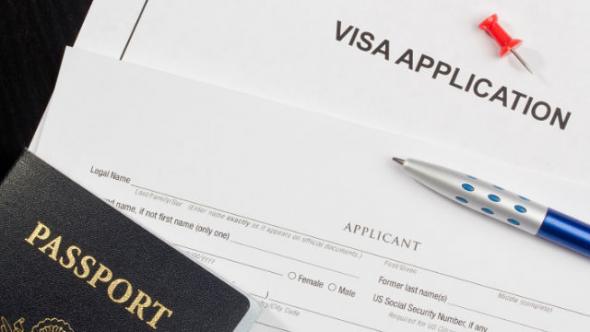
India said on Wednesday it is in touch with the governments of the United States and Australia over new restrictions imposed by the two countries on work visas and is making an assessment of the impact of these changes.
The government's response came after two significant international developments on Tuesday - US President Donald Trump signed an executive order to tighten rules for the H-1B visa programme to stop its "abuse", and Australian premier Donald Turnbull announced plans to abolish a popular work visa used by more than 95,000 temporary foreign workers, a majority of them Indians.
"The government is in touch with the governments of the United States and Australia on these matters and is also making full assessment of the impact of these recent changes, in consultation with all stakeholders," the external affairs ministry spokesperson said in a brief statement.
The cap for the H-1B visas had remained at 65,000 since December 2004, when the H-1B Visa Reform Act of 2004 was enacted by the US Congress, the spokesperson said.
The changes announced by the Australian government "replace one scheme with another", the spokesperson said.
"Senior Australian officials have conveyed to us that the impact of the changes will be negligible on Indian workers, most of whom fall in the high-skill category," the spokesperson added.
The spokesperson further said the government's foreign policy had helped expand the workforce within the country through flagship programmes such as Make in India, Skill India and Digital India by delivering large technological partnerships and enhanced foreign direct
investment.
investment.
India and France had also agreed last year to allow Indian students at the masters level and above to extend their stay in France for two years, the spokesperson added.
At the signing of the executive order, Trump said his administration will enforce "Hire American" rules to protect the jobs and wages of American workers. The executive order asks the secretaries of state, labour and homeland security and the attorney general to suggest reforms to ensure that H-1B visas are awarded to the most-skilled or highest-paid applicants.
Though H-1B visas are supposed to bring the highest skilled workers to the US, studies have shown 80% of approved applications were for the two lowest wage levels, the White House said.
"Currently, companies routinely abuse the H-1B visa programme by replacing American workers with lower paid foreign workers," it said.
Reforming the H-1B visa programme was one of Trump's key election promises. Several US reports have said a majority of H-1B visas are grabbed by Indian IT professionals.
Turnbull said Australia's 457 visa programme, which allows businesses to hire foreign workers for up to four years in skilled jobs where there is a shortage of local workers, should not be passports to jobs that should go to Australians.
"We are an immigration nation, but the fact remains: Australian workers must have priority for Australian jobs, so we are abolishing the 457 visa.," he said. The country will adopt a new "Australians first" approach to skilled migration, he said.
The majority of 457 visa holders were from India, followed by nationals of the UK and China.
No Comments For This Post, Be first to write a Comment.
Most viewed from National
Most viewed from World
AIMIM News
Delhi Assembly polls: Owaisi leads Padyatra in Okhla
Feb 01, 2025
We reject this Waqf Amendment Bill: Asaduddin Owaisi
Jan 30, 2025
Latest Urdu News
Most Viewed
May 26, 2020
Do you think Canada-India relations will improve under New PM Mark Carney?
Latest Videos View All
Like Us
Home
About Us
Advertise With Us
All Polls
Epaper Archives
Privacy Policy
Contact Us
Download Etemaad App
© 2025 Etemaad Daily News, All Rights Reserved.

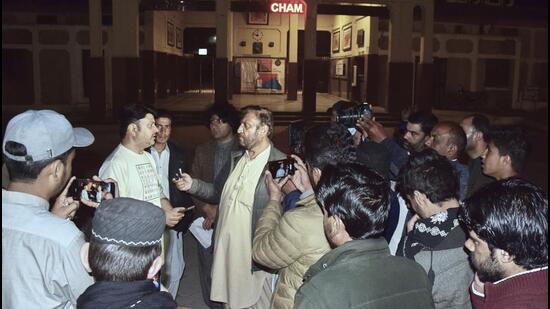
.jpg)
.jpg)

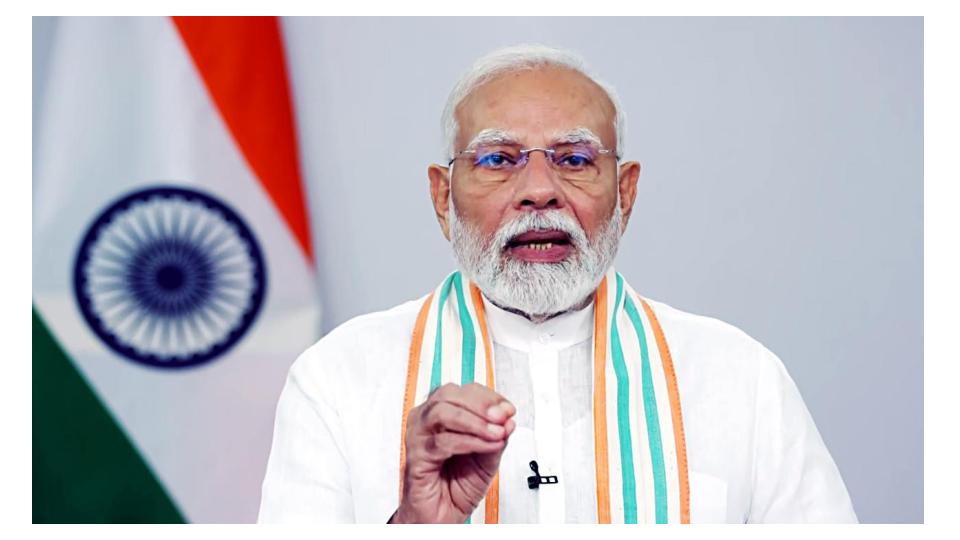
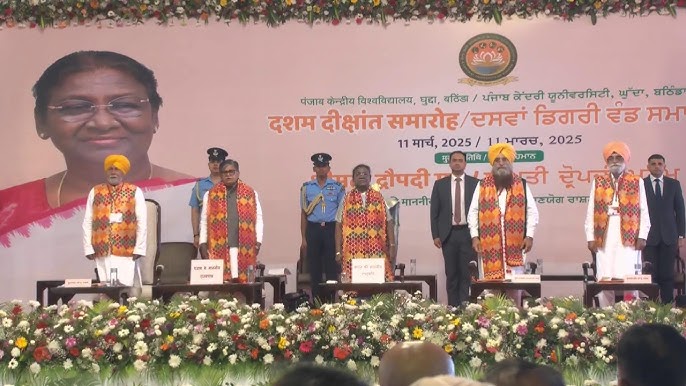
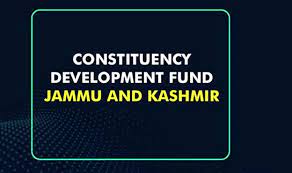
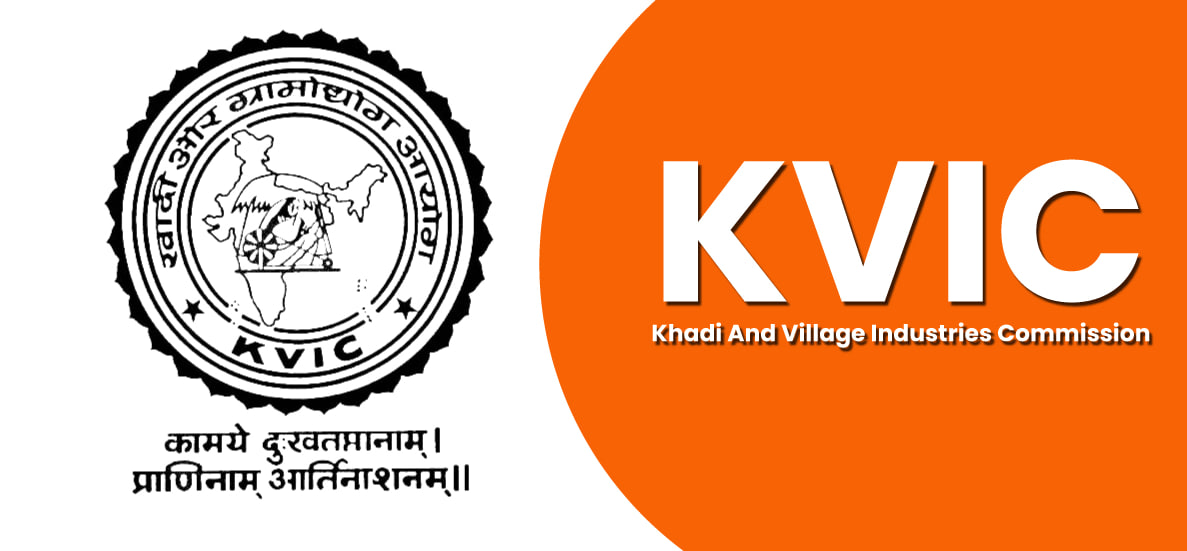
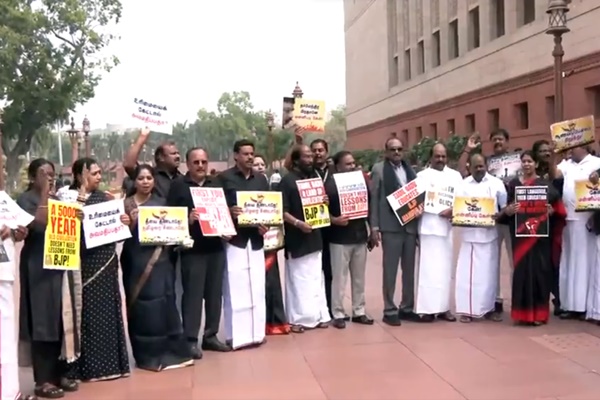
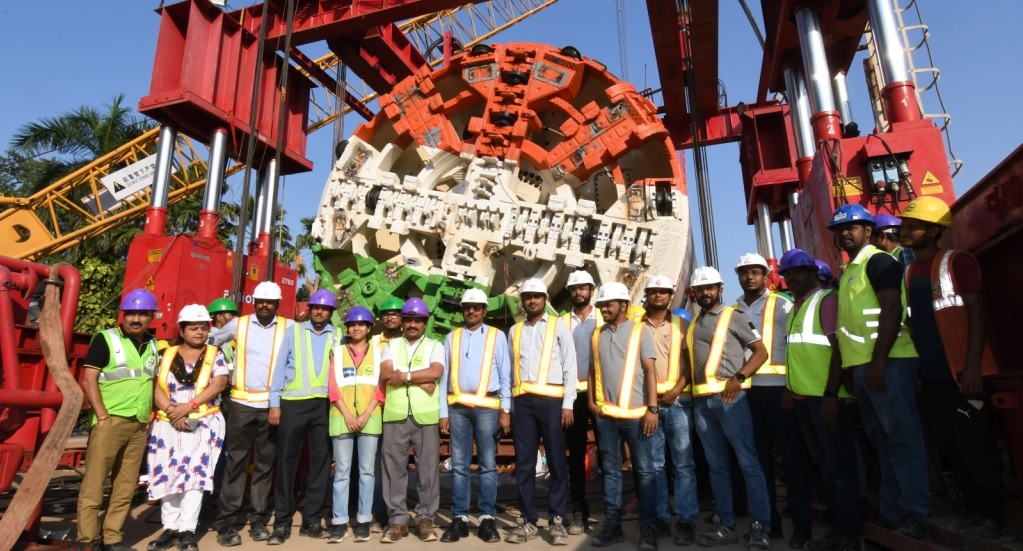

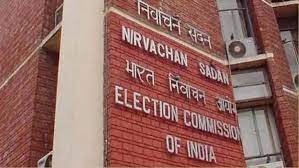





.jpg)
.jpg)
.jpg)
.jpg)
.jpg)
.jpg)
.jpg)

